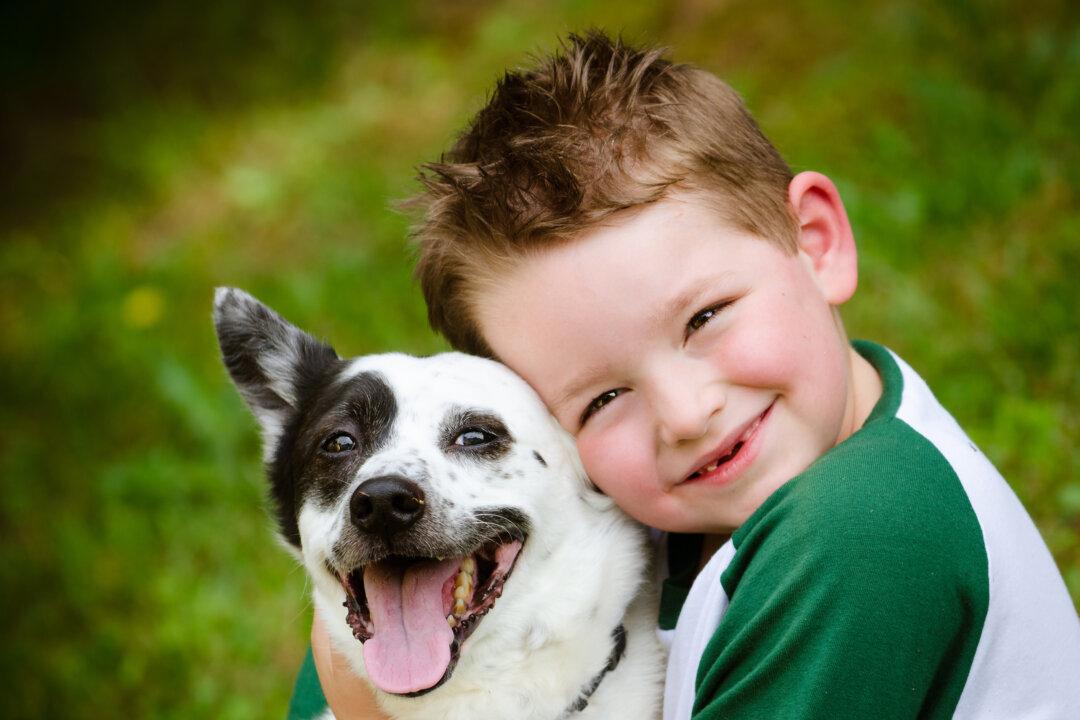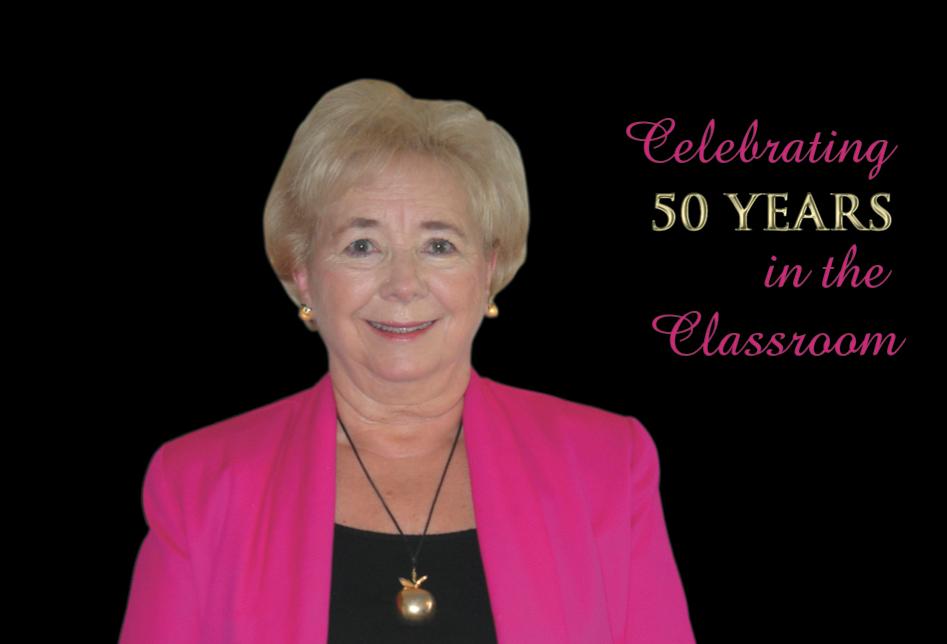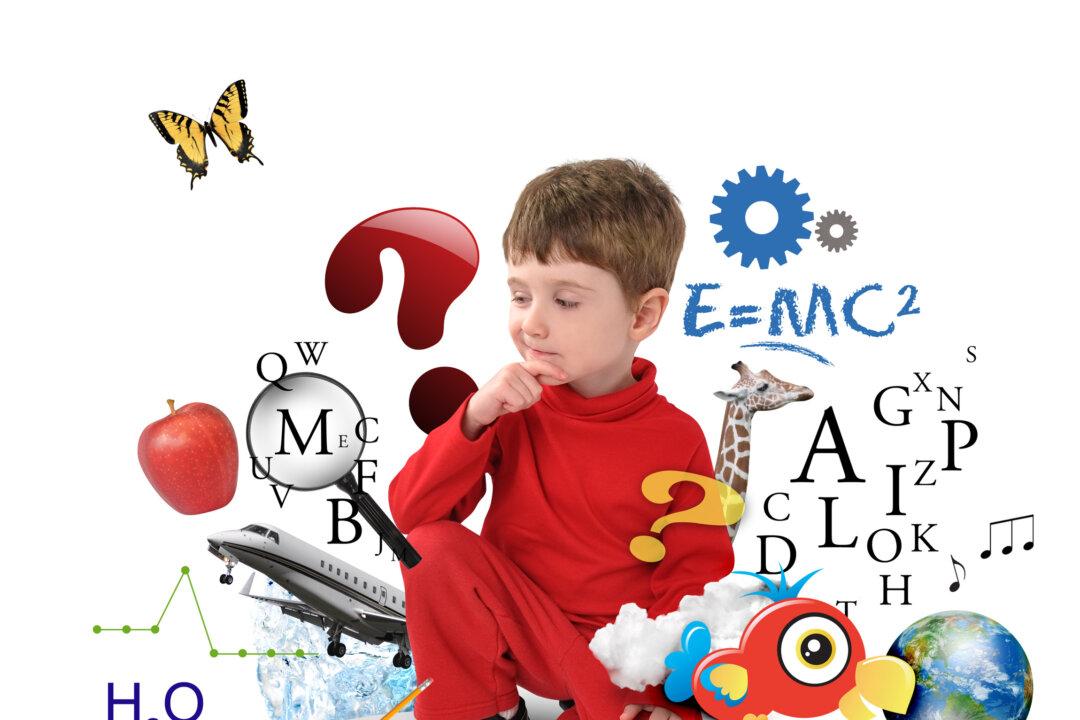This series of 10 articles on ‘How Children Learn Best’ is written by Canadian Citizen Pat Kozyra who has been teaching in the classroom for more than 50 years. In the series she will cover a range of topics likely to be of interest to both parents and teachers – topics include Children’s Learning Styles, Multiple Intelligences, the Importance of Music, the Importance of Play and other topics. During the series questions can be posed to Pat and she will choose one to answer each week.
A very big part of any pre-school program is music, but nowadays with schools on tight budgets and cutting back or even cutting out music programs, perhaps this statement should say “should be music” and not “is” – unfortunately! The gift of music is one of the best things we can give our children.
Music is an integral part of our culture. Music has been everywhere since the beginning of time – the singing of the birds, the gurgling sounds of a rushing stream, a crackling fire, the pitter-patter of the rain, the solo in the morning of the barnyard rooster, the chorus of the chickens in the brood, the whispers of the gentle breezes and probably a favourite to many is the washing of the ocean waves onto the sand. Music stimulates thinking and provides a creative outlet for children and they can express their individuality in so many ways. Music cheers us up. Music can be soothing. It can provide a future career when a musical talent is recognised and fostered. Someone once wrote that “music is a health food that nourishes our soul”. What would this world be like without music?
Musicians Pam Beall and Susan Nipp remind us that babies are soothed and comforted by lullabies and as they grow they are charmed by the rhythm, rhyme, repetition and the melody of the nursery rhyme songs. As early as the 1500’s children’s rhymes were documented and they have indeed endured. What is this telling us? We are never too old to listen to them and enjoy them. Learning nursery rhymes is so important to the reading process of learning rhyming families of words which all have the same endings – cat, rat, fat, pat, sat, that, flat.
Music can help enable students to develop attitudes, characteristics and intellectual capacities. Music education teaches self-discipline, reinforces self-esteem and fosters thinking skills. Music can be so helpful in teaching the learning disabled child. Music helps to enhance your cultural values as you teach ethnic songs from your heritage to your child.
Parents can be good role models in providing opportunities for music experiences and music appreciation at home. There are so many ways to expose your child to music – instruments, CD’s, I Pod’s, DVD’s, videos, radio and TV. Best of all, is your child singing with you and having fun doing it. Those are memories that last and are so meaningful. Enjoy the sound of music!
Music is a universal language. In a book I have and use, called ‘Learning Through Fun’ (Inter-Action’s Prof Dogg’s Troupe) by Ed Berman, MBE, we learn the following:
All songs that children sing, teach them physical (rhythmic) co-ordination along with social and language skills which are, of course by-products of the simple act of singing. Games songs do this more than other types of songs because of their creative structure. They can be played around with and changed, added to or acted out.
Children naturally want to use language and the use of language is the key to most further learning. Motivation to use language is part of creative playing and singing and the child’s desire to explore. Songs as games, build on these natural capacities.
Many things can happen when children do something as seemingly simple as singing a game-song together.
They can be:
• Learning to listen to others
• Taking turns
• Having a feeling of security in a group
• Speaking up in a group
• Co-operating with their peer group
• Making decisions to change a word or action
• Accepting that changes are permissible within a set of rules
• Using their imagination both physically and verbally
• Enabling leadership to emerge
• Thinking up responses
• Practising verbal skills and vocabulary
• Developing muscular co-ordination and rhythmic ability
In summary there are four categories of skills:
1. Communication skills
2. Social skills
3. Language skills
4. Emotional development (expression of fear, laughter and pleasure).
All of this adds up to game-songs being particularly useful in developing confidence and a range of basic skills. The nicest thing about it, when all the analysis is over, is that game-songs are simply a great deal of fun.
Game-songs encourage children to play inventively with the words of songs and to make up new versions. They present many opportunities for children and adults to choose their own actions, sounds and words within the basic frame work of each game-song. Just like children’s games they have themes of fantasy or reality or a mixture of both.
Game-songs are great for children with special needs. Game-songs can be ritual songs, action songs, sound – effect songs, acting out songs, parading songs, gathering together songs and dancing songs.
More:
Rap it! Snap it! Clap it! Tap it! Parents do not have to have one musical bone in their bodies to use the 3R’s of rhyme, rhythm and repetition when trying to help their child at home to memorise facts and important information. Children love this aspect of music and can readily help compose a funny little rap song or rhyme which includes the information to be learned. They also love to see Mom and Dad joining in to help them in a funny or silly way with no stress or tension involved.
The self-confidence that the child gains by learning something so easily that he or she thought could not be learned, cannot be underestimated. In other words, children learn so fast through music! You would not find many lessons in my classroom without some aspect of the 3 R’s. What a shame to send a child to a school that has cut out a music program for little ones because of budgetary reasons. Just think of the opportunities they are missing in their education.
In my book Tips and Tidbits For Parents and Teachers, I include in the chapter on music, a truly inspirational poem called I Am Music, which I hope you will enjoy!
Pat Kozyra is the author of “Tips and Tidbits For Parents and Teachers – celebrating 50 years in the classroom and sharing what I have learned”. It is available at Amazon.com books, Barnes and Noble.com, bumps to babes stores in Hong Kong, Swindon Books, Kelly and Walsh (Pacific Place) and Beachside Bookstore in Stanley. You are welcomed to ask advice on a teaching or parenting issue by writing to [email protected].
Teacher Pat’s Questions
Question 2: How much should I help my son who is six years old with his homework?
A 6-year-old still needs parental guidance, but at the same time you want your child to get into the homework routine on his own too. Make sure he knows where and when to do this, and that he has all the materials necessary along with good lighting and no distractions around.
Try not to readily tell him the answers as this gives the teacher a false sense of what he can do and he might give up trying on his own. Feeling some frustration can be good for him. Try not to be an overindulgent parent or a helicopter parent hovering over every aspect of his work. Walk away from the scene and check in a few minutes to see how he is doing. If his attention span is short put a kitchen timer on and promise a reward when it goes off like a healthy snack.
Reading should be part of the homework so by all means help him with the difficult sight words or to sound out the phonetic words. Use a marker card under each line if he is skipping lines. Ask “how” and “why” questions during and after the story for comprehension and creativity.
If it is Math, use concrete aids like beans or pennies to help count, or just draw circles and cross them off. Leave his wrong answers so the teacher can see and help him review the answers as well the next day. He should know the answers because you explained it to him the night before. Repetition is good and key to getting information into long term storage.





